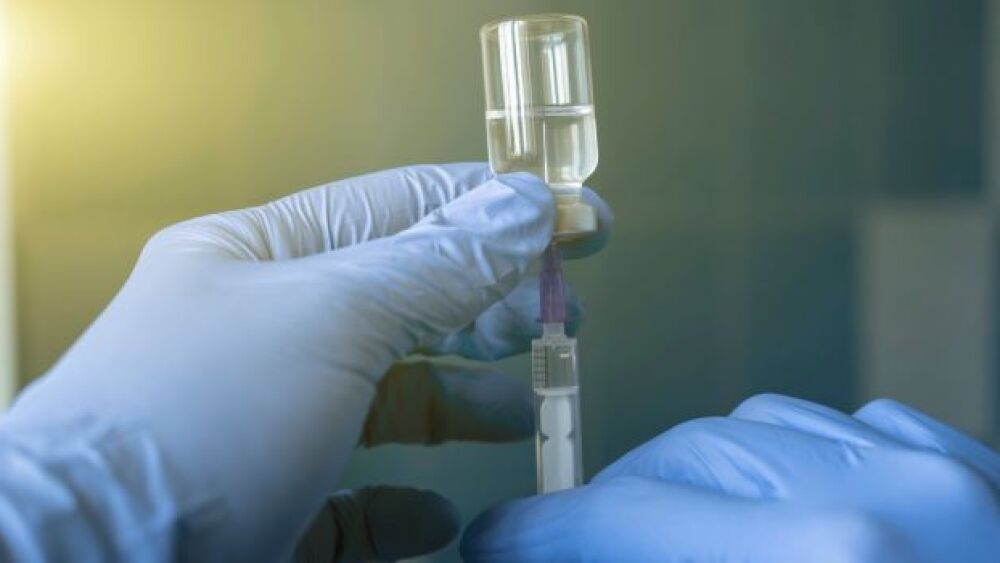A Phase II study shows the vaccine by Imugene Limited improved survival rates and overall response in patients with HER2-positive stomach or gastroesophageal junction cancer.
An investigational cancer vaccine is showing significant promise in reducing tumors and the risk of death. Data from a Phase II study shows the vaccine being developed by Imugene Limited improved survival rates and overall response in patients with HER2-positive stomach or gastroesophageal junction cancer.
The data, presented earlier this month at the European Society for Medical Oncology (ESMO) World Congress on Gastrointestinal Cancer meeting, builds on interim data announced earlier this year. That data showed Imugene’s HER-Vaxx vaccine program showed a statistically significant overall survival of 58.2% compares to chemotherapy alone.
Data showed that the experimental vaccine provided 14.2 months of additional overall survival compared to 8.8 months for patients on chemotherapy alone. Imugene said the updated Phase II data shows a clinical proof-of-concept signal for HER-Vaxx when added to chemotherapy. Additionally, the data indicate that B-cell activating immunotherapy vaccines can induce clinically active antibody responses.
In its latest data presented at ESMO, Imugene showcased promising overall response rate data. The company said treatment with HER-Vaxx resulted in a 50% overall response rate than 29% of patients treated with chemotherapy alone.
The data shows that inoculation with HER-Vaxx provides high levels of HER2-specific antibodies early in the treatment protocol. Those antibodies are maintained during treatment and maintenance phase with the use of booster doses. Imugene noted that tumor response in patients correlated with the number of antibody levels in patients. Those with levels higher than 1050ng/ml saw a 50% tumor reduction, which is much higher than those who received chemotherapy alone. Imugene said this could potentially serve as a biomarker for treatment.
HER-Vaxx is a B-cell activating cancer immunotherapy that is designed to treat tumors that overexpress the HER-2/neu receptor. That type of tumor can be found in multiple cancers, including gastric, breast, ovarian, lung, and pancreatic cancers.
Earlier this year, Imugene bolstered its pipeline with a novel CD19-expressing oncolytic virus licensed from the City of Hope. It will be developed in combination with a CD19-CAR T cell therapy.
The goal of the combination therapy is for the CD19-expressing oncolytic virus to enable CD19-directed CAR-T to impact solid tumors. To date, CAR-T therapies have only been approved for use in blood-borne cancers. Imugene anticipates conducting a Phase I study of this combination immunotherapy in 2022.
Under the terms of the agreement, Imugene gained worldwide rights to develop and commercialize the patents covering the CF33-CD19 oncolytic virus. The patents cover the cell therapy technology, which includes CF33-CD19 that tag cancer cells for CAR T cell destruction.
Leslie Chong, managing director and chief executive officer of Imugene, said the new platform opens an entirely new space for cell therapy.
“The CAR T cell field currently only treats ~10% of all cancers such as blood or liquid tumors, whereas this technology has the potential to open up the solid tumor market,” Chong said in a statement.





